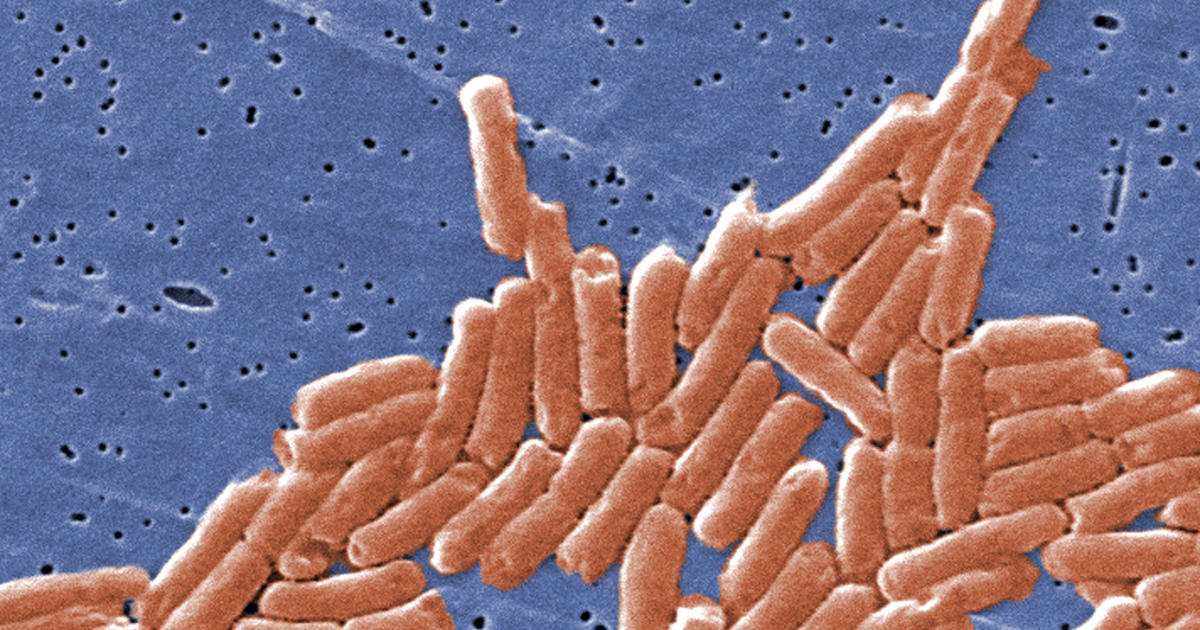J&J hit with $110 million verdict in baby powder suit
ST. LOUIS - A St. Louis jury has awarded a Virginia woman a record-setting $110.5 million in the latest lawsuit alleging that using Johnson & Johnson's (JNJ) baby powder caused cancer.
The jury ruling Thursday night for 62-year-old Louis Slemp of Wise, Virginia, comes after three previous St. Louis juries awarded a total of $197 million to plaintiffs who made similar claims, including one in October that awarded a California woman $70 million.
Slemp was diagnosed with ovarian cancer in 2012. It has since spread to her liver. She blamed her cancer on her use of the company's talcum-containing products for more than 40 years. About 2,000 women nationwide have filed similar suits over concerns about health damage caused by extended talcum powder use.
Johnson & Johnson said in a statement that it would appeal and disputed the scientific evidence behind the plaintiffs' allegations.
A naturally occurring mineral, talc is mainly made up of the elements magnesium, silicon, and oxygen. It's widely used in cosmetics and personal care products to absorb moisture, cut down on friction, prevent caking and improve the product's feel.
In its natural form, talc can sometimes contain asbestos, which is known to cause cancers in and around the lungs when inhaled. But all talcum products sold in the U.S. have not contained asbestos since the 1970s.
The evidence concerning asbestos-free talcum products and cancer risk is more unclear.
The American Cancer Society notes that research looking at the potential link between talcum powder and ovarian cancer is mixed. Some studies report a slightly increased risk in women who reported using talcum powder in the genital area, while other studies found no increased risk at all.
Experts say some studies that found a small increase in risk may not be highly accurate because they relied on a person's memory of talc use many years earlier.
Dr. Francisco Xynos, a gynecologic oncologist at SSM Health St. Mary's Hospital in St. Louis, told CBS affiliate KMOX that the scientific evidence of a cancer link is weak.
"I think the concern for the general population should be negligible, because there is no scientific proof of that," Xynos said.
The International Agency for Research on Cancer (IARC), which is part of the World Health Organization, classifies genital use of talcum-based body powder as "possibly carcinogenic to humans."
The American Cancer Society says more research is needed on the topic.



